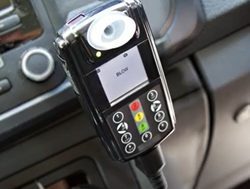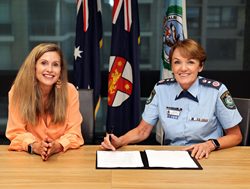 A pilot study from the NSW Bureau of Crime Statistics and Research (BOCSAR) has found that people living with disability are more than twice as likely to be the victims of violent crimes compared to the total NSW population.
A pilot study from the NSW Bureau of Crime Statistics and Research (BOCSAR) has found that people living with disability are more than twice as likely to be the victims of violent crimes compared to the total NSW population.
Led jointly by BOCSAR and the Commonwealth Department of Social Services (DSS), the Justice Test Case of the National Disability Data Asset pilot used State and Commonwealth data collections to identify 2.8 million people who received disability support and/or who had contact with the NSW criminal justice system over a 10-year period.
Releasing two reports on the study, BOCSAR said the disability support services included the National Disability Insurance Scheme, NSW funded Disability Services and the Disability Support Pension.
It said its pilot study found that 17 per cent of people accessing a disability support were victims of a recorded crime in NSW between 2014-2018, 6.5 per cent experienced a violent incident, and 4.4 per cent experienced a domestic violence-related crime.
“Aboriginal women with disability were found to be particularly vulnerable to violent crime with 18 per cent experiencing a violent crime during this 5-year period,” BOCSAR said.
“Relative to the total NSW population, people with disability were more than twice as likely to be victims of violent and domestic violence-related crime,” it said.
“People with disability were also more likely to experience violent and domestic violence-related revictimisation within 12 months compared with victims with no known disability.”
BOCSAR said the study also found police action rates were lower for incidents involving victims with disability, especially for violent incidents.
It said the odds of a person being proceeded against for a violent offence involving a person with disability were 17 per cent lower than for a violent incident involving a person without disability.
“Police action rates were particularly low where the victim had both cognitive and physical disabilities,” the Bureau said.
BOCSAR Director Suzanne Poynton said the ground-breaking study offered the first comprehensive view of victimisation and offending among people with disability in NSW.
“Filling this significant knowledge gap is important for developing disability policy in the justice system,” Dr Poynton said.
BOCSAR’s 19-page Trends in rates of victimisation and offending for people with disability in NSW report can be accessed at this PS News link and its 32-page Victimisation of people with disability in NSW: Results from the National Disability Data Asset pilot report at this this link.











